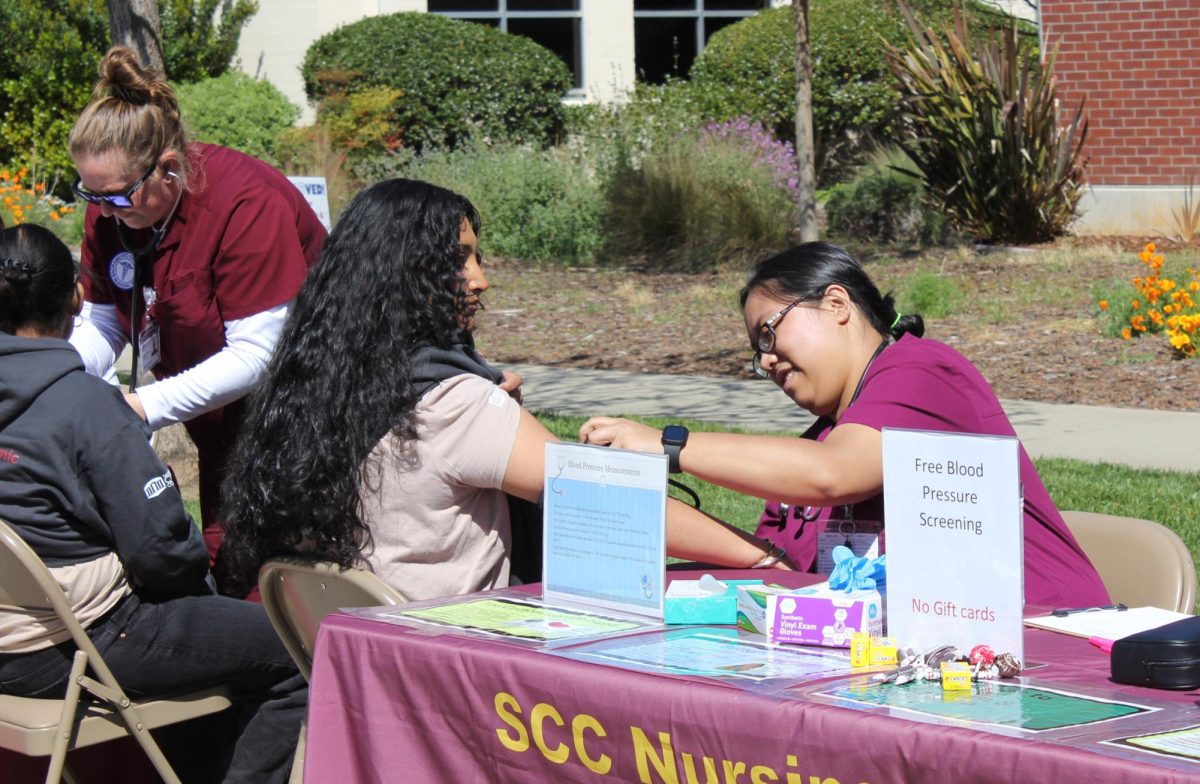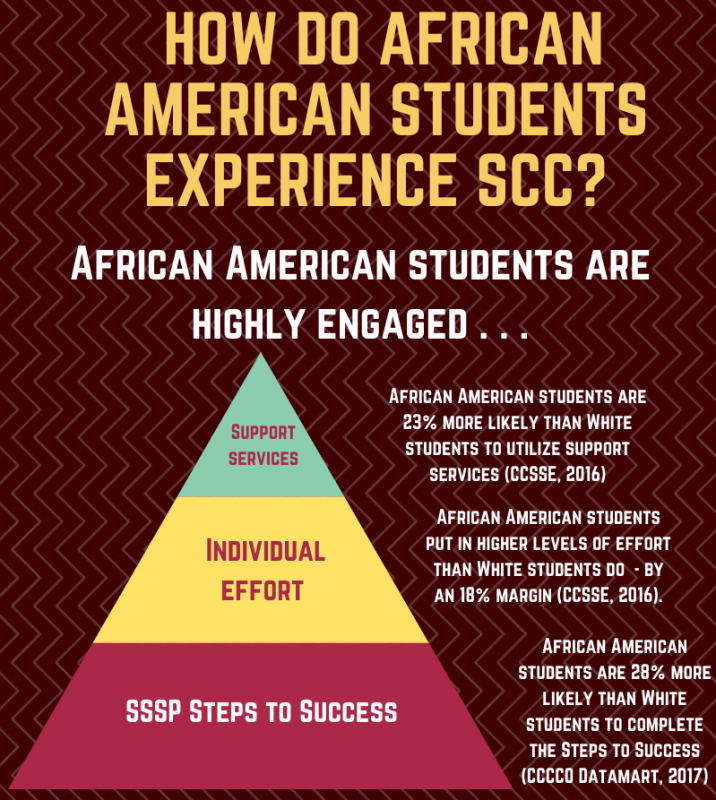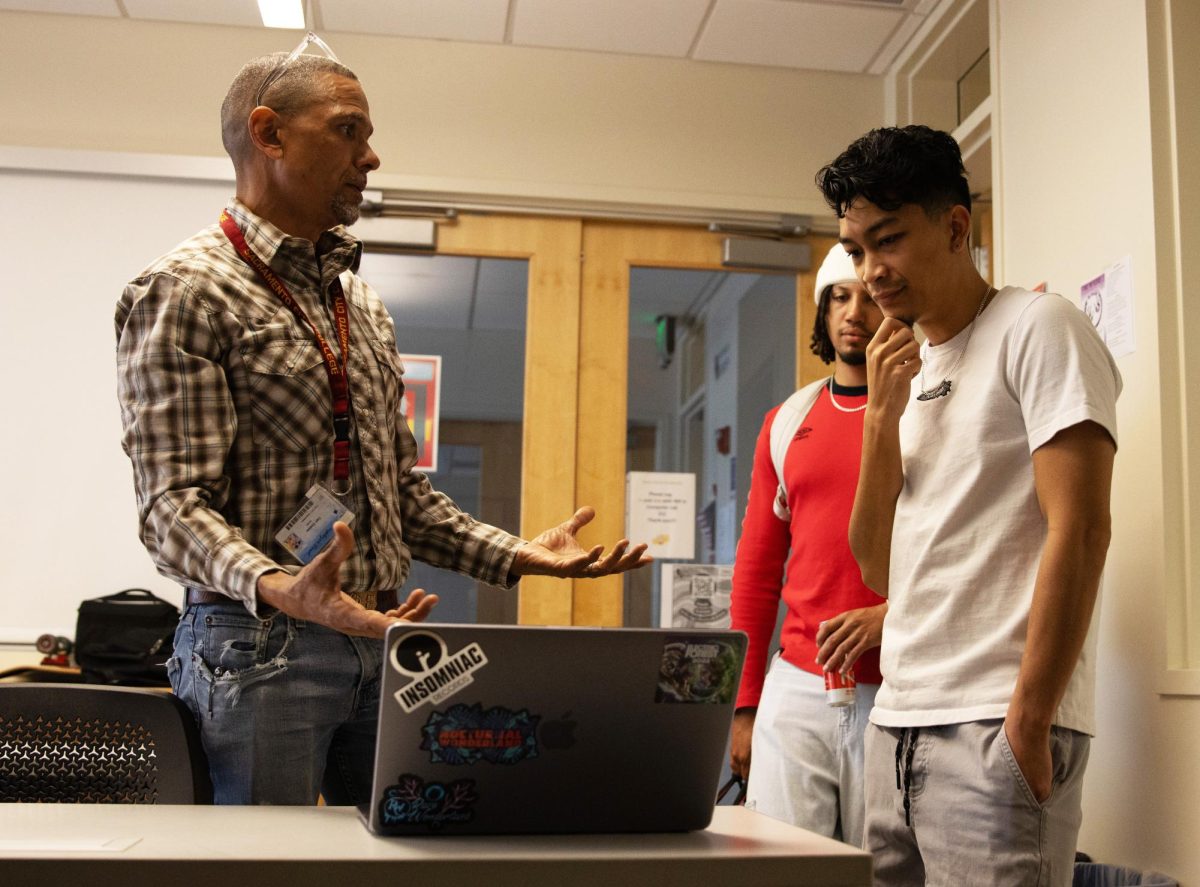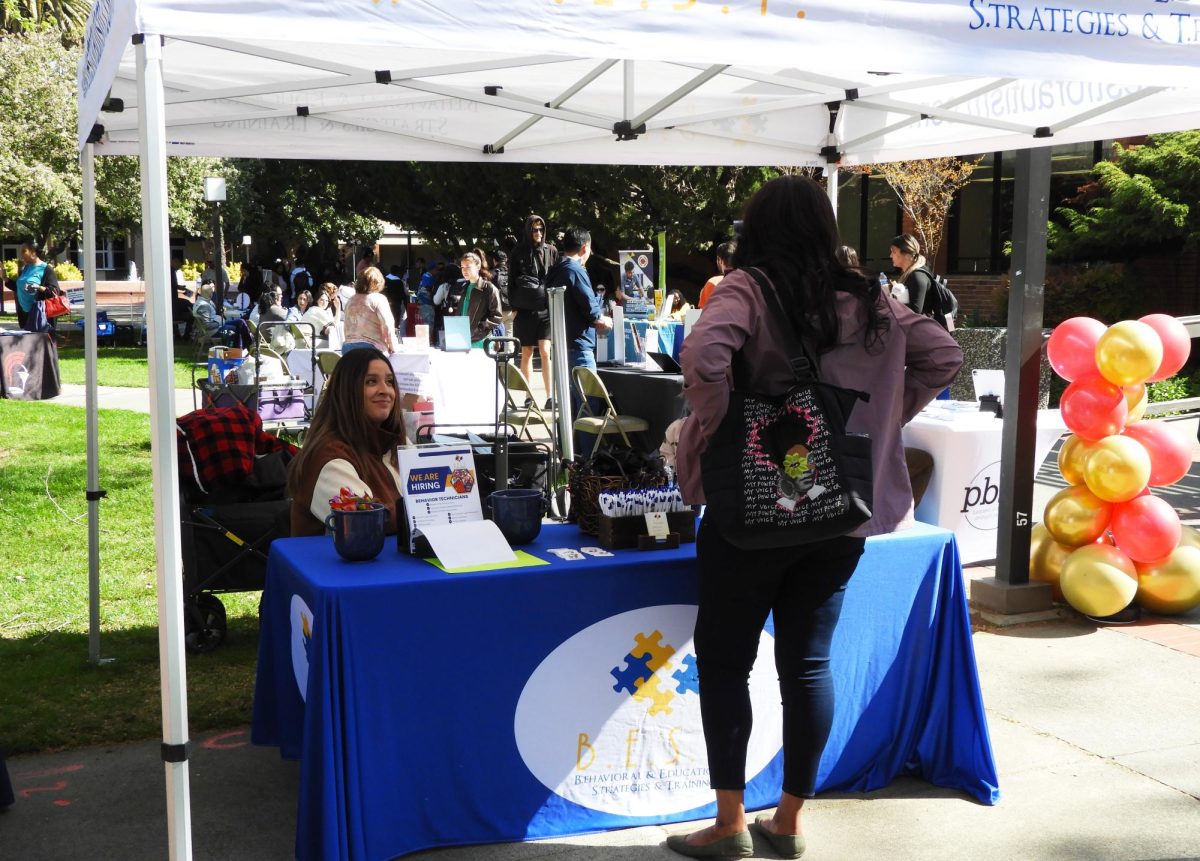In an email to staff and faculty, President Michael Gutierrez announced an initiative designed to nurture Black students with increased focus and to better ensure their success. Gutierrez stated that evidence clearly shows that the status quo is unacceptable.
“Committing action to dismantling the normal pattern is necessary to ensure the success of Black students,” said Gutierrez in the June 24 communication. Gutierrez noted that the problem has been systemic—just as the change should be. “All of us will work together to become part of the solution.”
Gutierrez stressed that Black students at City College are much less likely to share a racial identity with their instructors than their peers. According to Gutierrez, Black students make up about 11% of the student body. Black faculty at City college comprises 7% of the adjunct teaching staff and only 6% of the full time teachers. He cited a 65-page study originally published by the German Institute of Labor Economics that explored how several demographic gaps can be closed when students receive some form of consistency in instructors they feel they can identify with.
During a meeting of the President’s Cabinet Aug. 4, eight members discussed the progress of the issues called out in Gutierrez’s June 24 email. Those attending provided updates on how City College will focus on Black student success, increase faculty diversity and improve connections and relationships between students and their instructors.
Gayle Pitman, dean of planning, research and institutional effectiveness at City College, spoke about improving the diversity of the hiring process of City College faculty.
“In the last couple of years, there have been district wide efforts to better diversify our faculty hiring process,” said Pitman. “Our full time faculty is actually more diverse than our adjunct at this time, but we’re looking at ways to rectify both sides.”
Gutierrez emphasized that many of full time hires at City College are pulled directly from the pool of adjunct professors.
“It’s really important that we do and have made a very concerted effort with the instructional deans and chairs to diversify our adjunct faculty,” said Gutierrez. “We may not have hired any full-time teachers for this spring, but last year we hired 29 faculty members. Seventy-two% of those hires brought diversity to the campus.”
Gutierrez went on to clarify that almost one-fourth of those 29 hired in 2019 were African American.
“[All of] the deans have been going through equity training for 18 months through the Center for Urban Education,” said Gutierrez. “One of our equity coordinators gave each of our hiring search teams equity training. We had diverse choices in our candidates.”
Gutierrez’s announcement of this initiative also showed that Black students are more likely to seek student services. Of those Black students who sought academic support services, only 54% pass their classes successfully. This falls 15% short of the average course success for all students. Albert Garcia, vice president of instruction, said that deans will work with faculty to nurture the connection between students and their instructors to make students feel more welcome.
“A lot of the work needs to be done in the classroom,” Garcia said. “That’s where students are getting that extra attention and recognizing from their individual instructors that they belong and are capable.”
Statistics collected in 2018 provided by the Planning, Research, & Institutional Effectiveness office show that Black students at City College have been much more likely to be put on academic probation or dismissed from a class. Black students are also 200% more likely to receive academic discipline than the college average for all students.
Tracey Gomez, City College’s staff resource center coordinator, spoke about an initiative called “City Ways,” which provides faculty and staff with brief, clear guidelines to better connect with students. According to Gomez, the information was gathered by speaking with instructors with low-drop rates and nearly 400 students..
“We’ve had a lot of raw discussions about race,” Gomez said, describing professional development discussions held over the summer. “We’ve learned that establishing a strong connection with students is extremely important. Flexibility and relatable material were also common factors of success that we discovered. City Ways provides wrap-around support for our students in every department and every classroom. Improving that engagement for our students is an ongoing process.”
According to Gomez, another new initiative driven by improving Black student success is “SUCCEED@City,” in which approximately 800 first-year students will be provided with increased support. Gomez said that students will have access to a dedicated success team, which includes a counselor, an instructor and a success coach that will work with students individually to help them through their first semester and beyond.
Davin Brown, the vice president of student services, spoke specifically about a freshman seminar course for Black males. She explained the importance of nurturing a relationship between Black male students and their success team and continuing this relationship through their academic journey at City College.
“We need to make it OK to ask questions,” Brown said. “We want to provide them with high quality instruction by someone that looks like them and has a shared experience. We’re also looking within our financial aid, admissions, and counseling processes to see where race based bias, explicit bias or gatekeeper barriers may exist, in particular for our Black male students.”
Brown spoke about connecting with Black male students through the lens of equity. She demonstrated that there is a great importance to expose students to the resources available.
“We support our students, in particular our most vulnerable and lowest performing,” Brown said. “That happens to be our Black students right now. How Black male students engage and stay engaged is critical for their retention. When we serve our most marginalized communities, it benefits others.”
“City Ways” guides found on City College’s Personal Development site
https://inside.scc.losrios.edu/professional-development/city-ways
“SUCCESS@City”, First-Year student support program.
https://www.scc.losrios.edu/why-scc/first-year-experience
































